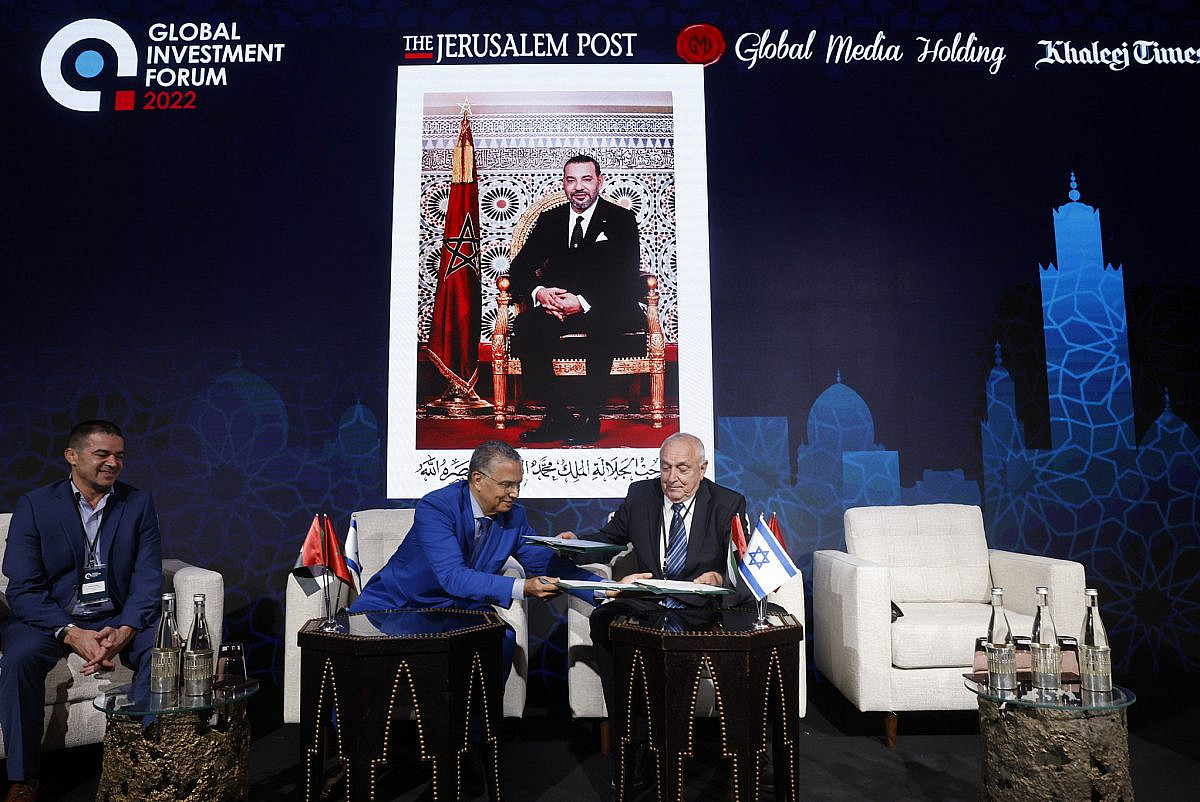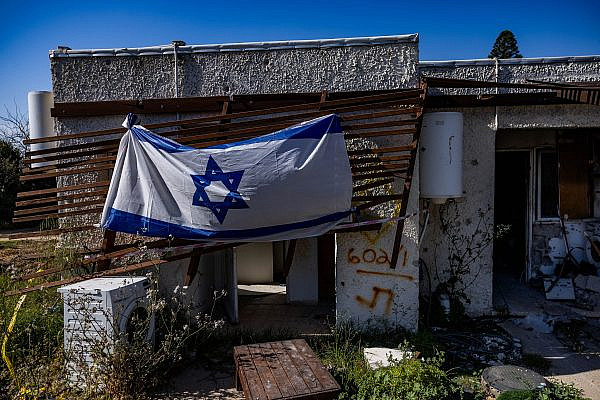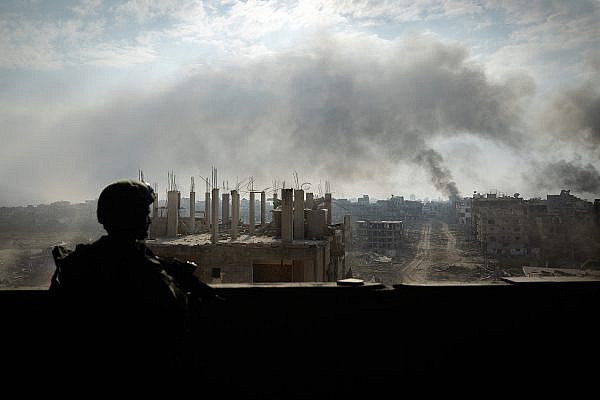On July 17, the Israeli government voiced its official support for Morocco’s claim to sovereignty over the occupied territory of Western Sahara. On the same day as the announcement — which will likely pave the way for an exchange of ambassadors, following months of diplomatic stalling — Israel named its first military attaché to Rabat and proposed opening a permanent consulate in Dakhla, a Moroccan-controlled city in the Western Sahara. According to Israeli Foreign Minister Eli Cohen, the recognition of Morocco’s claims promises to “strengthen relations between the countries” and provide a basis for “peace and stability” across the region.
In reality, however, the move signals a dangerous new direction in Israel’s foreign policy in the region. Since 2016, successive governments have attempted to focus their energies on publicly courting political and popular opinion across Africa. In 2021, Israel became an observer member of the African Union (AU) and committed to economic, social, and military projects in a number of countries.
As Israel’s increasingly authoritarian policies continue to attract criticism at the AU, however, the Netanyahu government may be abandoning its attempts to build soft power and multilateral relationships, and instead placing a greater focus on security and intelligence ties to controversial African partners.
This policy has a long precedent in Israeli history. Prime Minister Netanyahu likes to draw on the legacy of the “golden age” of Israel’s African diplomacy, framing his outreach as part of a triumphant “return to Africa.” Between 1958 and 1967, diplomats such as Ehud Avriel built on Israel’s rapid economic development and stories of Zionist resistance to British rule to present the state as a natural ally to post-colonial nations. In return, the Israelis hoped, strong relationships across Africa could provide security on the periphery of the Arab world and earn diplomatic support at the United Nations.
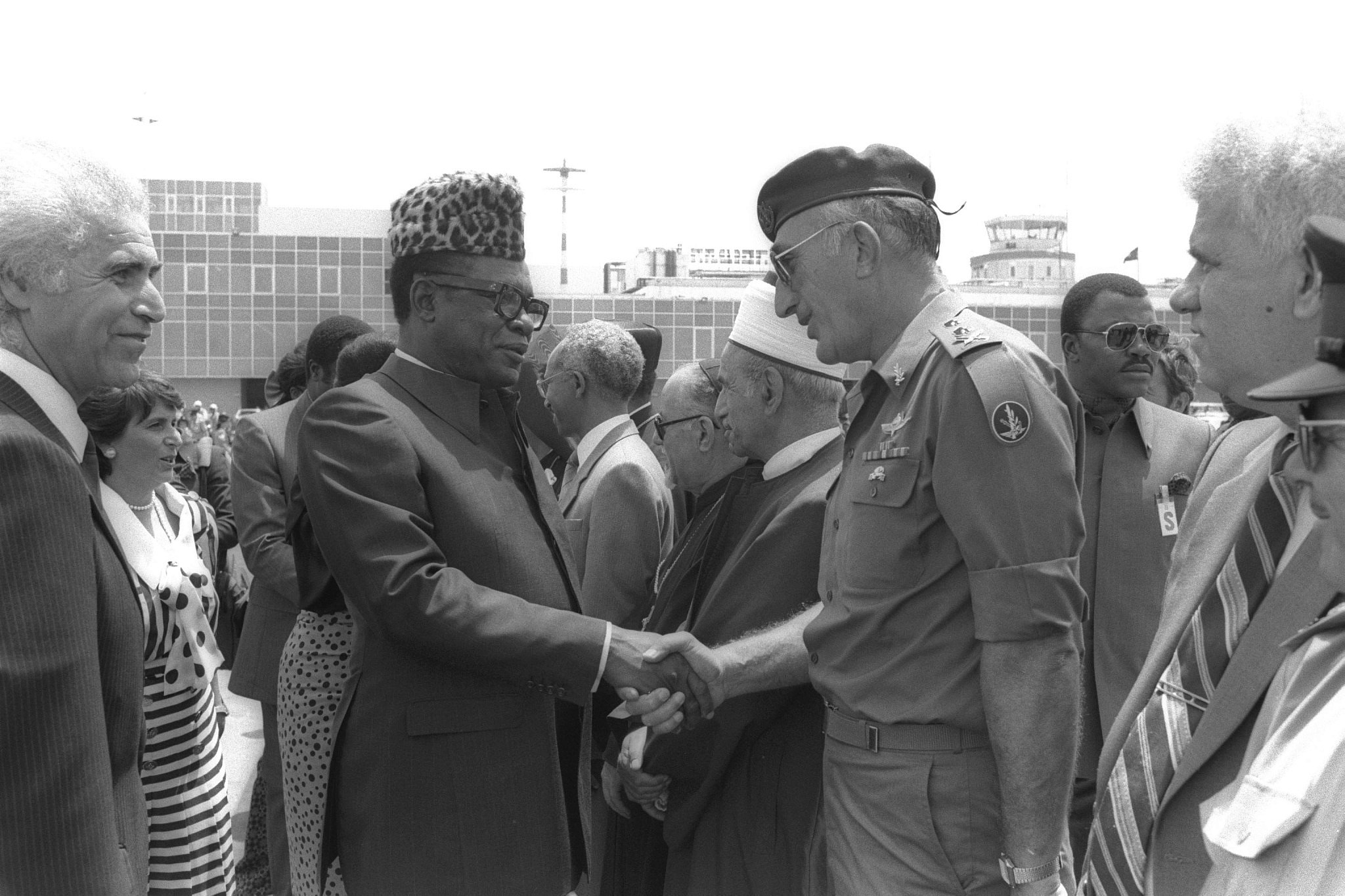
At the same time, however, Israeli officials used the cover of formal diplomacy to build covert ties to military and intelligence groups across the continent. These networks often came at a significant human cost. Officials mobilized the Israeli army to train elite troops for dictators like Grégoire Kayibanda in Rwanda and Mobutu Sese Seko in Zaire. At the height of Morocco’s authoritarian “Years of Lead” in the 1960s, Israeli agents trained royal bodyguards and shared intelligence which was used to identify anti-government dissidents. Israel also began cooperating with the South African military while softening its opposition to its apartheid regime on the international stage.
These ties were ultimately more durable than Israel’s formal diplomatic relationships. After Israel’s seizure of Sinai in the 1967 War, and the continued occupation of the peninsula after the 1973 Yom Kippur War, many African diplomats criticized Israel as a colonial occupying force and gave renewed support to the Palestinian cause. By the end of 1974, all but four African nations had cut diplomatic relations with Israel.
Israel’s clandestine links to African military and political leaders, however, allowed the state to retain its influence. In 1978, Morocco provided the backchannels that allowed Israeli and Egyptian officials to communicate in the months leading up to the Camp David Accords, signed later that year under U.S. auspices. In 1982, after receiving an offer of military aid from Jerusalem, Mobutu’s Zaire became the first sub-Saharan country to re-establish ties with Israel.
Tensions with the African Union
With the recognition of Morocco’s claims to Western Sahara, there is some indication that the Netanyahu government intends to revive this form of militarized diplomacy. The Moroccan occupation is a controversial issue in the international arena. Western Sahara was a Spanish colony until 1975, when the Franco dictatorship agreed to transfer the territory to Moroccan control. However, the transfer of power was rejected by anti-colonial groups within Western Sahara itself, who declared independence as the Sahrawi Arab Democratic Republic (SADR) in 1976.
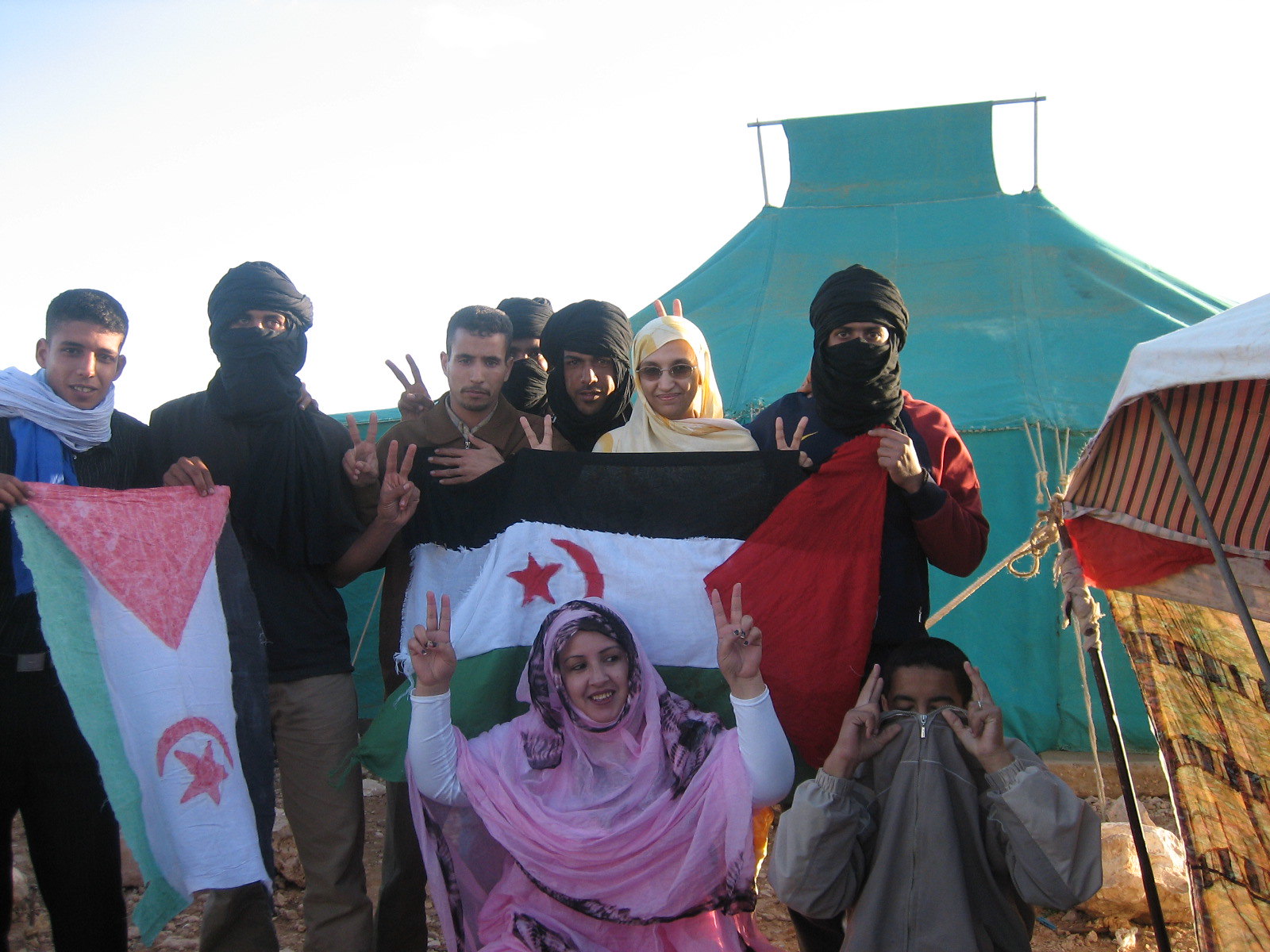
In response, the Moroccan government invaded the territory, resulting in a civil war between the military and the SADR’s Polisario Front. Since 1979, the Moroccan government has also engaged in a program of mass settlement intended to increase the Moroccan population of the territory and reinforce its political claims. As of 2023, 80 percent of the region is under Moroccan control.
Israel’s backing of Moroccan claims is likely to damage their interests at the African Union, which has long supported the Sahrawi cause. That said, those relationships have already been in question for over a year.
In February 2022, the AU announced the creation of a panel of eight heads of state to determine Israel’s future in the organization. In January 2023, Sharon Bar-Li of the Israeli Foreign Ministry’s Africa Division was expelled from the AU summit at Addis Ababa. The group’s executive committee later implied that Israel’s observer status had been suspended indefinitely, and the summit passed an unusually forceful statement denouncing Israel’s “system of colonialism and apartheid” and affirming the group’s support for Palestine.
By contrast, Israel’s relationship with Morocco has deepened significantly. In December 2020, under the Trump administration, the United States became the first nation to recognize Morocco’s claims to Western Sahara in return for its participation in the Abraham Accords. In November 2021, Israel and Morocco signed an agreement of mutual cooperation in intelligence and security. As Foreign Minister in March 2022, Yair Lapid suggested that Israel would help push back on “attempts to weaken Moroccan sovereignty and territorial integrity.” In June 2023, Knesset Speaker Amir Ohana also voiced support for recognizing Moroccan claims and strengthening security ties with the country.
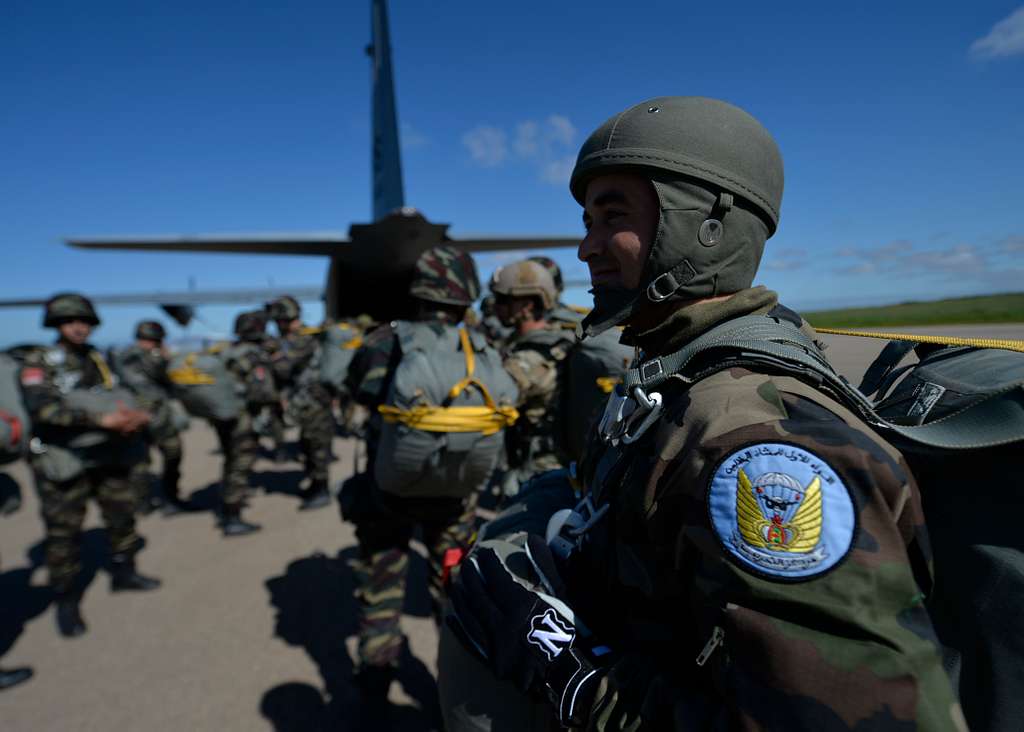
Once again, however, this strengthened relationship is likely to incur a severe toll. Israel is already an exporter of fighter jets, drones, and missile defense systems to Morocco. In June 2023, members of the Israeli army’s elite Golani Reconnaissance Battalion took part in African Lion, a joint military training exercise hosted by Morocco and the United States. As conflict between the Moroccan army and the Polisario Front reaches a deadly new phase, these military ties are likely to deepen.
The Israeli Defense Ministry has also licensed Israeli cyber-intelligence technology to Moroccan intelligence authorities. Investigations by Amnesty International revealed that spyware produced by the NSO Group had been installed on the phones of the human rights lawyer Abdessadak El Bouchattaoui and the civil rights activists Maati Monjib and Omar Radi; the technology allows users to remotely access the microphone, camera, messages, and location data of infected phones. All three individuals have since been charged in Moroccan criminal courts, and Radi is currently serving a prison term on charges of espionage.
Most read on +972
In this sense, Netanyahu’s policy does mark a “return to Africa” — but it owes as much to the security policy of the 1970s and 1980s as the idealized image of an Israeli “golden age.” Isolated at the diplomatic level, and unable to reconcile its African diplomacy with its colonialism at home, Israel seems poised to abandon its wider relationships on the continent for the sake of targeted military and intelligence ties to key partners.
So far, though, this has proven successful. Exchanging ambassadors with Morocco would certainly be a significant achievement for the Netanyahu government and Israel’s military-intelligence establishment. But this policy is also increasingly being called out by the human rights activists, civil society, and wider publics that suffer those costs. As Israel lends its stamp of approval to Morocco’s occupation, the limits of its commitment to “peace and stability” in the region are becoming increasingly clear.

